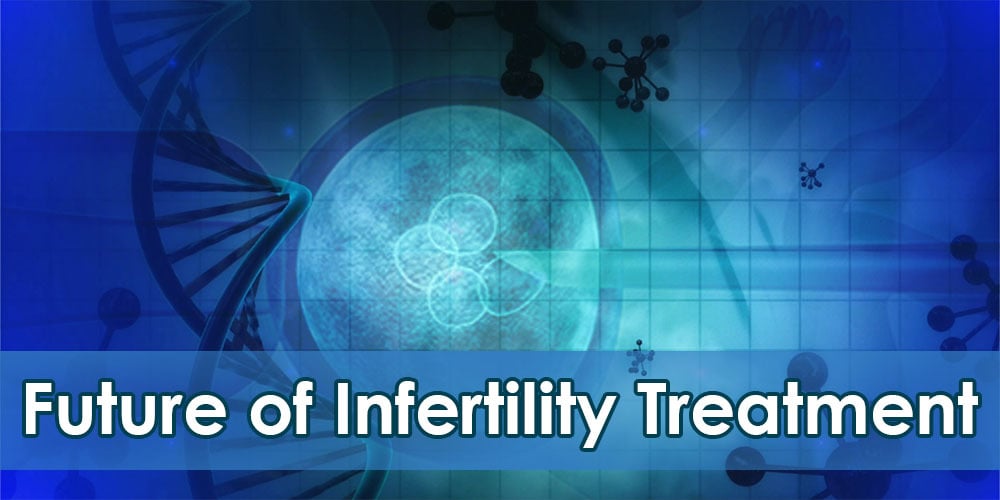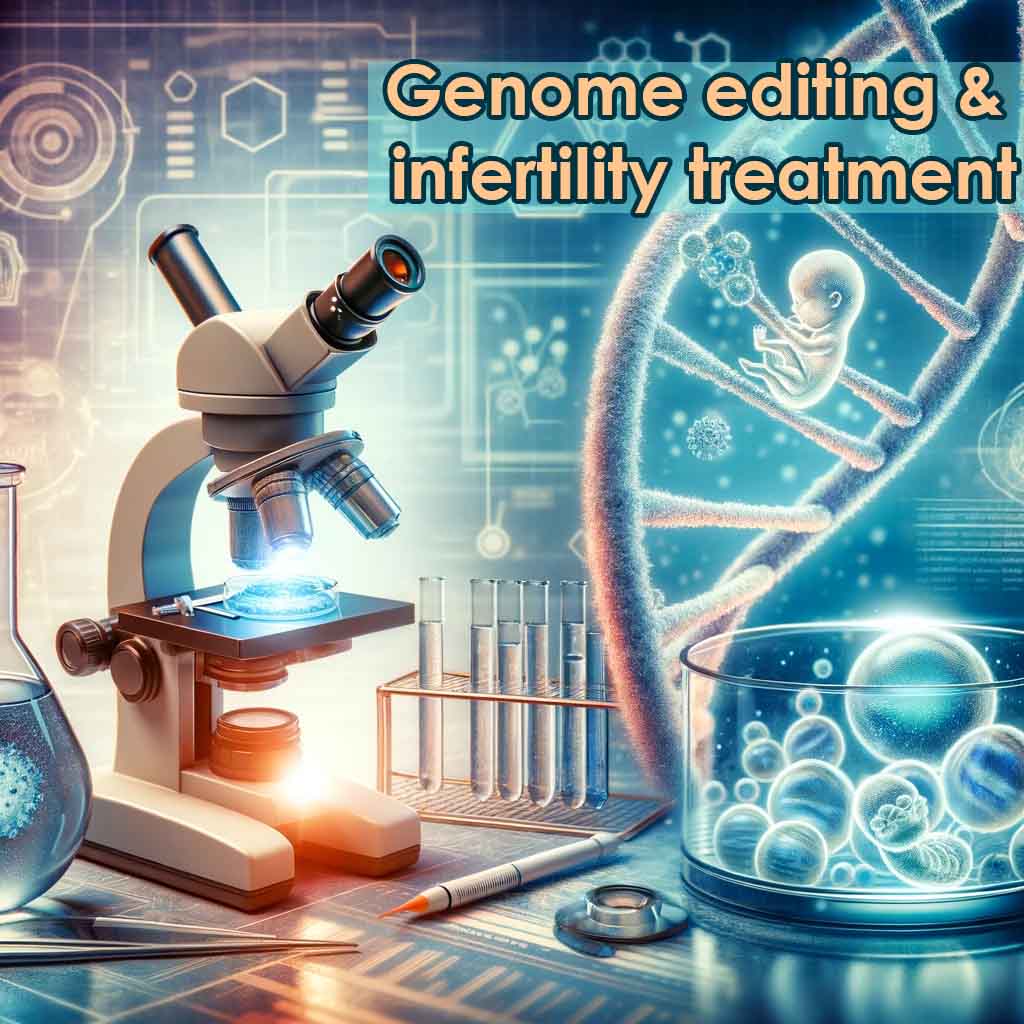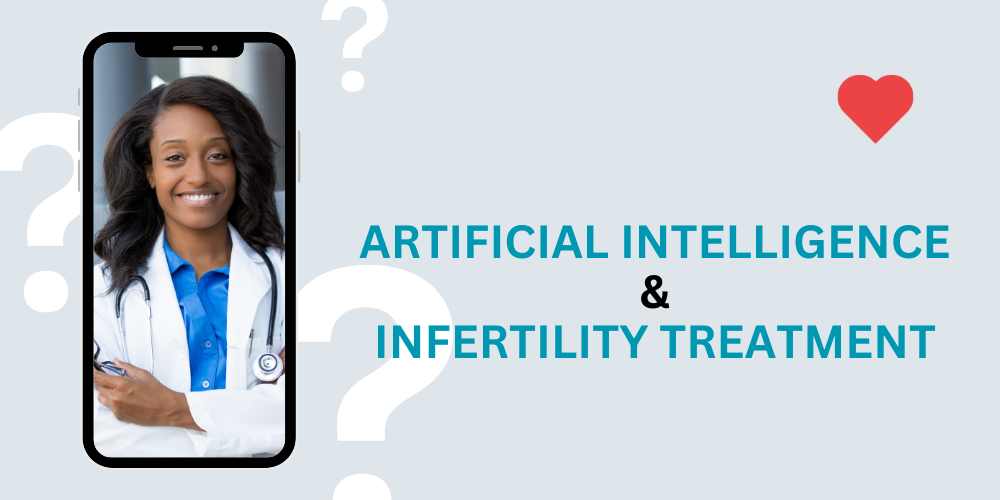
In recent years, the future of infertility treatments has been shaped by remarkable advancements, transforming how we address infertility challenges. As science and technology continue to evolve, new possibilities emerge for individuals and couples striving to conceive. This article explores the groundbreaking developments in fertility treatments, bringing renewed hope to those longing to start or expand their families.
Before diving into the future, it’s important to understand the current state of fertility treatments. Today, various methods are available to address infertility, including assisted reproductive technologies (ART), in vitro fertilization (IVF), and fertility medications. These approaches have enabled many individuals and couples to achieve their dream of parenthood. However, there remains significant potential for improvement and innovation.
One of the most promising advancements in fertility treatments lies in genetic insights. Scientists can now analyze the genetic makeup of both partners to accurately identify potential fertility issues. This personalized approach enables tailored treatments that address specific challenges, significantly increasing the chances of successful conception.
Genetic screening is becoming more accessible and advanced, enabling the identification and potential correction of genetic disorders that contribute to infertility. By addressing these issues at the genetic level, fertility treatments can achieve greater precision and effectiveness.

Artificial intelligence (AI) is revolutionizing numerous industries, and fertility treatments are no exception. AI algorithms have the ability to analyze vast amounts of data from fertility patients, uncovering patterns and predicting the most effective treatment protocols.

Predictive analytics powered by AI enables fertility specialists to determine the optimal timing for procedures like IVF, significantly enhancing the chances of success. This data-driven approach reduces guesswork and maximizes results. By developing advanced models, AI can forecast the likelihood of infertility based on an individual’s unique data. These models incorporate a wide range of variables, including age, genetic factors, and lifestyle, to deliver precise and reliable predictions.
AI can also play a pivotal role in developing personalized medication plans. By analyzing individual factors such as genetics, lifestyle, and hormonal profiles, AI algorithms can recommend the most effective fertility medications, enhancing the overall efficiency of treatments.
Stem cells are undifferentiated cells with the extraordinary ability to transform into various cell types in the body. This remarkable flexibility has opened new frontiers in treating numerous medical conditions, including infertility. In the context of infertility, stem cell therapy harnesses the regenerative potential of these cells to restore or enhance reproductive function in both men and women. While some stem cell therapies are already being utilized today, their applications continue to expand and evolve.
Let’s begin with male infertility, a condition that is often overlooked but equally important. Stem cell therapy has shown great potential in addressing male infertility caused by issues such as low sperm count or poor motility. Researchers are investigating the use of spermatogonial stem cells to rejuvenate sperm production. These cells can be harvested and cultivated, significantly improving the chances of successful fertilization.
For women facing fertility challenges, stem cell therapy offers a promising beacon of hope. A key area of research is the restoration of ovarian function. Scientists are studying ovarian stem cells for their potential to rejuvenate aging ovaries, improve egg quality, and boost the success rates of in vitro fertilization (IVF). This breakthrough holds significant promise for women struggling with age-related infertility. Looking ahead, the future of stem cell therapy in infertility treatment appears bright and full of possibilities.
Advancements in genomic medicine are revolutionizing personalized stem cell therapies. By analyzing an individual’s genetic makeup, doctors can customize stem cell treatments to target specific genetic causes of infertility. This precision medicine approach has the potential to significantly enhance treatment outcomes.

Comments & Questions